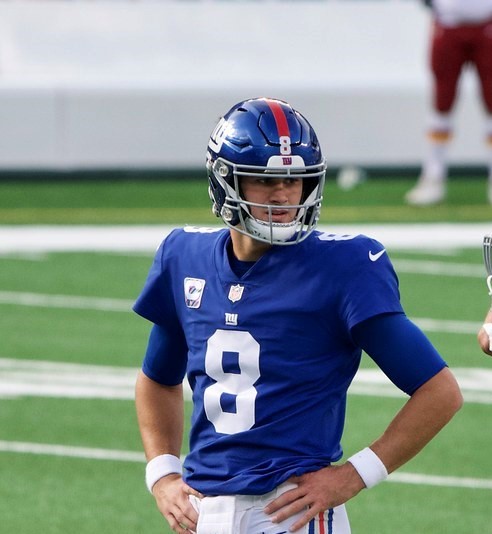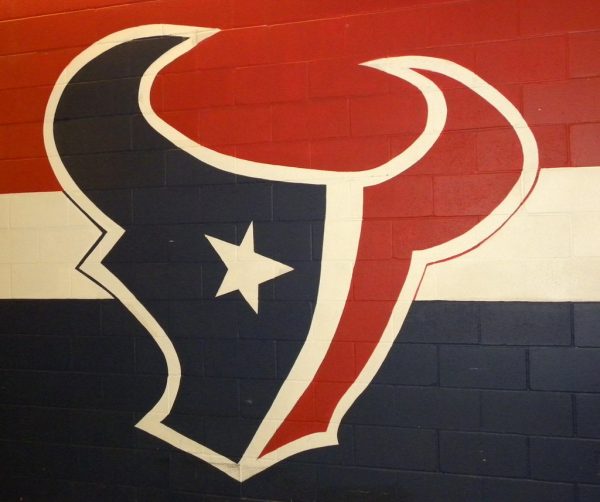Muhammad Ali’s Legacy
On June 3, 2016, the world experienced perhaps the greatest loss in sports history. Iconic boxing superstar Muhammad Ali was pronounced dead at the age of 74 at a hospital in Scottsdale, Arizona. In the ring, Ali won numerous fights against boxing greats such as Sonny Liston, George Foreman, and Joe Frazier. Out of the ring, Ali was both inspiring and controversial. In 1966, he refused to be drafted into the U.S. military for the Vietnam War. For that, he was stripped of his boxing titles, served jail time, and didn’t fight again until 1971.
After being thrust back into the boxing spotlight, Ali fought Joe Frazier in “The Fight of the Century” in which he lost via unanimous decision after 15 rounds. However, Ali would go on to win his last two fights against Frazier in “Super Fight 2” and the “Thrilla in Manila.” Towards the end of his career, Ali became the heavyweight champion one last time, but lost a few more fights and clearly showed signs of old age and deteriorating health.
After officially retiring with a record of 56-5, with 37 wins coming by knockout, he started developing Parkinson’s disease, became weak physically, and had slowed speech. At the 1996 Olympic Games in Atlanta, Georgia, Ali lit the flame, clearly showing his health issues, but also exhibiting his strength and courage as a human being by standing in front of thousands of people and having no fear of his illness. In his final years, Ali was a well-known humanitarian who showed his support for many different and important causes. Now, as the world mourns his loss, we look back on his accomplishments in and out of the ring and we can’t help but take notice of everything he did during his lifetime. As he used to say, “Float like a butterfly, sting like a bee, his hands can’t hit what his eyes can’t see. Now you see me, now you don’t. George thinks he will, but I know he won’t.”










